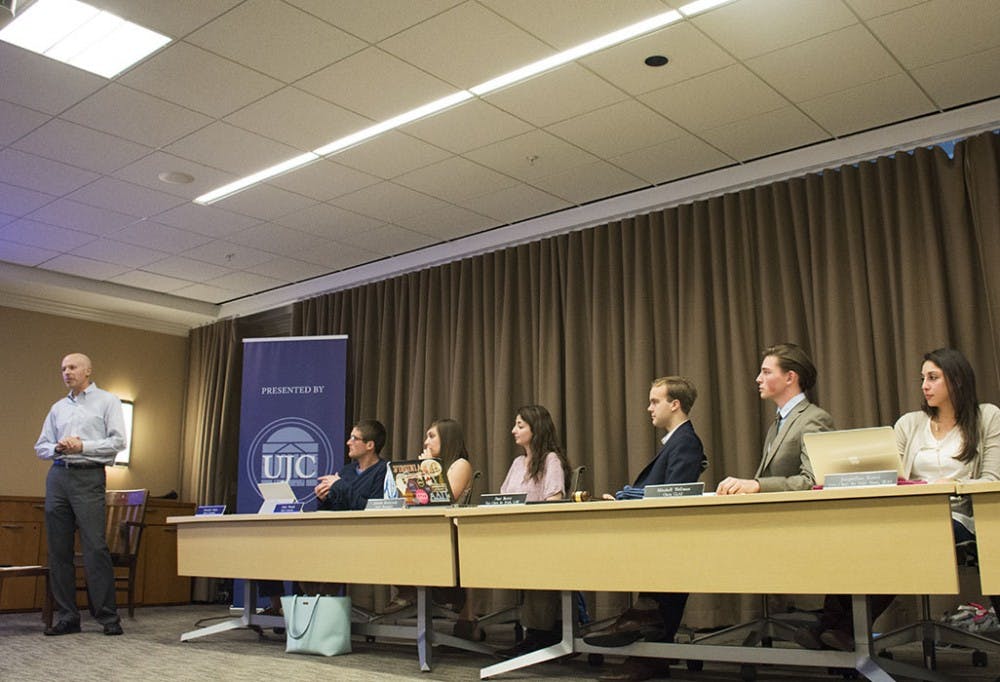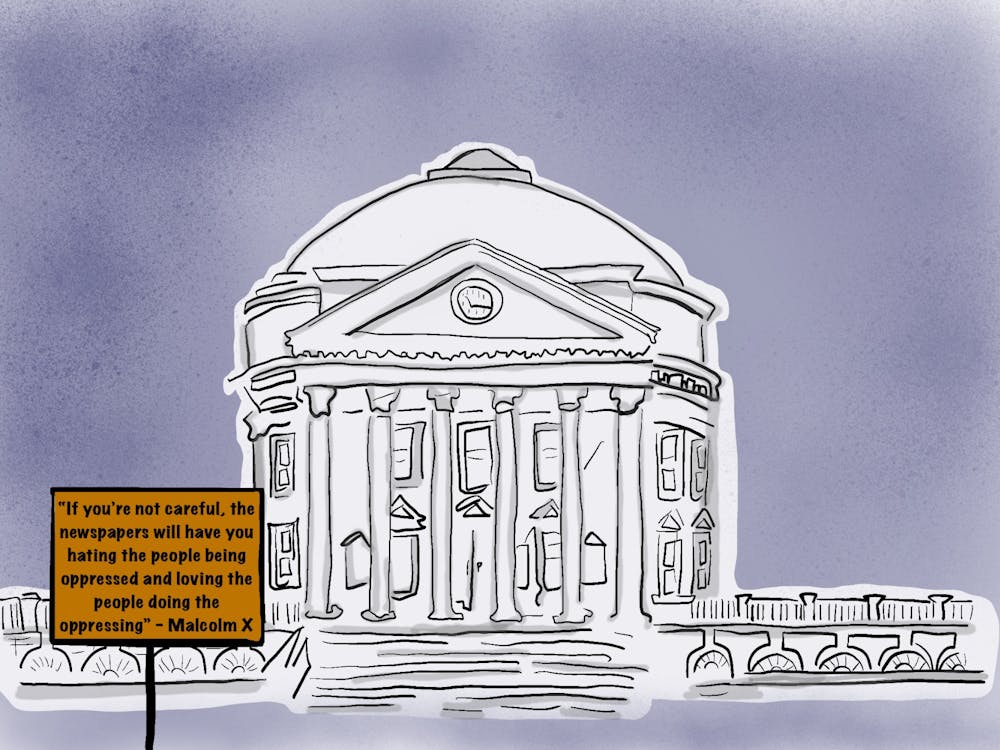Marsh Pattie, assistant vice president of student affairs, met with the University Judiciary Committee earlier this month to discuss the UJC’s mission as well as some state and federal policies that may influence the judiciary processes here at the University. Most notably, Pattie discussed new policies from the Civil Rights Office of the U.S. Department of Education that could reevaluate the standards of evidence in student cases.
During the Obama era, the Department of Education released a “Dear Colleague” letter that implements a “preponderance of evidence” standard when hearing Title IX trials, which include gender-based violence and sexual assault cases. Under this standard, an accused student would be found guilty if the trial panel finds that there is greater than 50 percent chance that the student is responsible. While the new proposed guidelines do not prohibit the use of this standard, they do require consistency in evidence standards for both Title IX and non-Title IX cases. The UJC tries cases related to the Standards of Conduct, and these cases require an evidentiary standard of beyond a reasonable doubt. Thus, the UJC would potentially have to reduce this evidentiary standard for all student cases. This shift in judicial standards would wholly undermine the UJC’s role in student self-governance and the student-run trial system.
A reduction in evidentiary standards for all cases would require an amendment to the UJC’s bylaws, which stipulate that an accused student is found guilty if four out of five of the trial judges find the student responsible after hearing the case. In order to amend these bylaws, two-thirds of the elected representatives must agree to a specific change. Such a drastic change imposed by the U.S. Department of Education would disallow the representatives to carry out one of their most important responsibilities and potentially work against the wishes of the student body.
Cases related to Title IX violations are investigated and heard by the Title IX office. These cases work independently of the UJC and are not student-run. Therefore, the changes outlined in the Obama era “Dear Colleague” letter did not interfere with decisions that are typically made by student-elected representatives. In fact, many students at the University are in favor of keeping the Obama era guidelines. Nevertheless, the Department of Education’s proposed guidelines would affect cases in both offices.
The UJC is a truly student-run organization. The organization is composed of peer-elected voting members and representatives students from each of the schools within the University, and committee-elected students who serve as counselors for accused and complainant parties, case investigators and all other support officers. However, there are some limits to the student’s role within the UJC. For example, in cases where the trial panel decides on suspension as a sanction for a guilty student, the decision requires evaluation and approval from a Board of Visitors panel.
Nevertheless, the role of the Board of Visitors and other administrative bodies are laid out in the UJC Constitution and bylaws. The changes proposed by the Department of Education would greatly influence all UJC trial proceedings without approval from either the University or the Board of Visitors. Dear Colleague letters, like the one that the Obama administration released in 2011, have no formal power to change University processes and policies. Instead, they simply provide strong suggestions for a shift in an institution’s support and/or policies. The proposed guidelines from the Trump administration are an amendment to Title IX of the Education Amendments of 1972. Therefore, they would have the full effect of federal law.
Luckily, these changes have not yet been approved. Despite controversies over the evidentiary standard for Title IX cases, major changes to an integral student-run body at the University should remain the decision of the governing body itself. The UJC, which is an important pillar of student self-governance, provides the unique opportunity of allowing University students to participate in a judicial system that is dedicated to their safety. This integral organization deserves the responsibilities it is designated by the Board of Visitors and its constitution and bylaws to uphold these values of self-governance.
Victoria Mckelvey is an Opinion Columnist for The Cavalier Daily. She can be reached at opinion@cavalierdaily.com.





